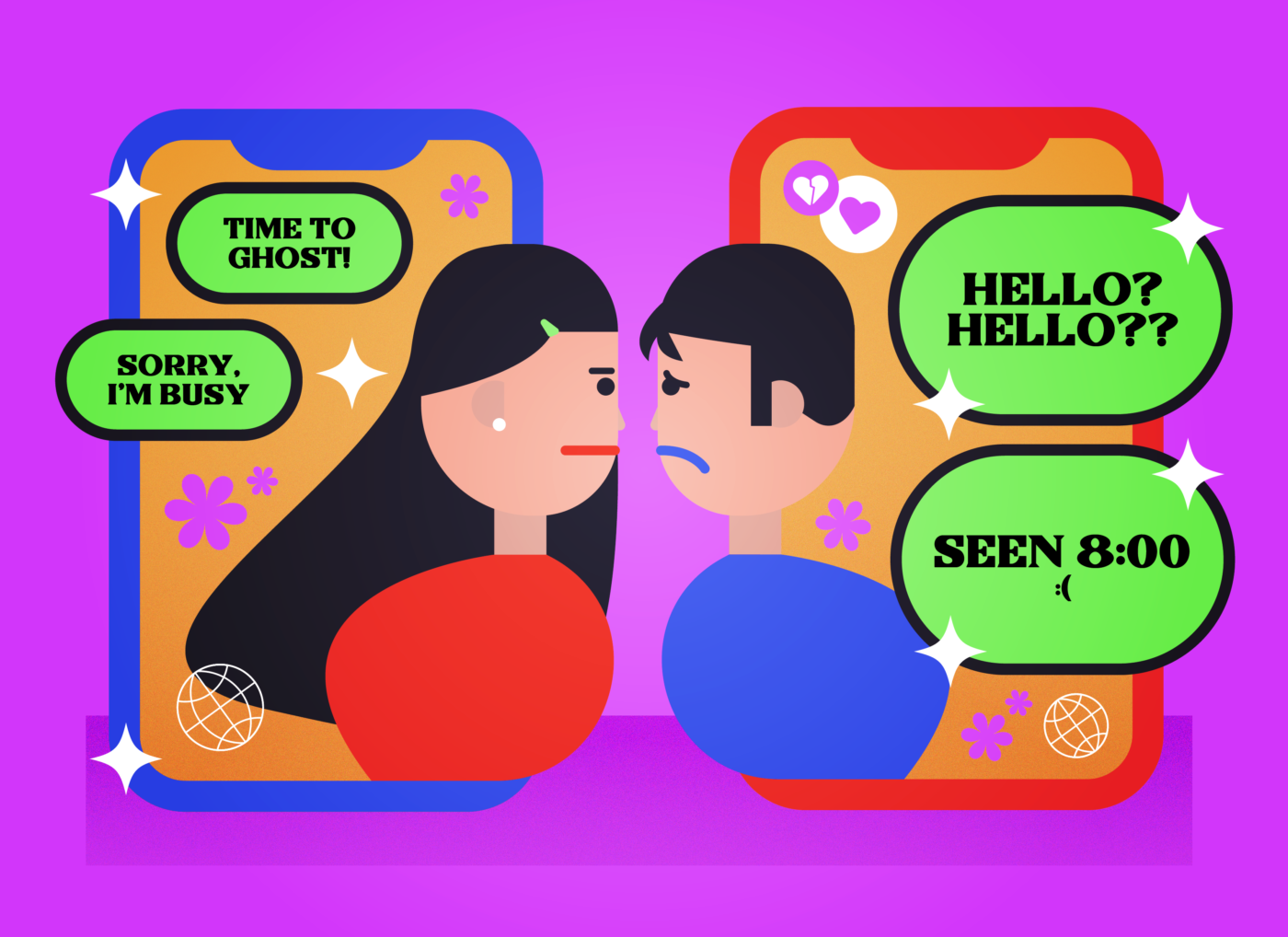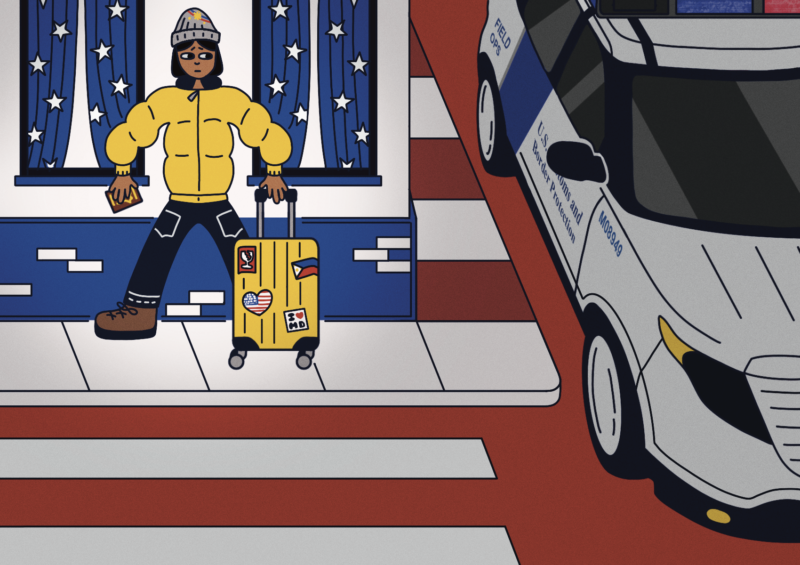THE WORLD turned into unfamiliar territory when COVID-19 spread fear throughout the globe. Now, we live in a world where everyone treads the streets in masks and human touch is seen as a luxury. Relationships are not immune to this adjustment, as these new circumstances have changed the dating scene completely. Despite this new era, various social media platforms have given people an opportunity to form connections online.
Quaranflings stood in place of physical relationships, and as time progressed, this became a new term in labeling romantic bonds. To uncover the nature of these relationships, Ateneans share their quaranfling stories.
Finding love in unexpected times
The quaranfling experience varies from person to person. For Angelo Bernardo (1 AB POS), he had the opportunity to spend time with his quaranfling physically. She was a scholar of his family, which led them to stay in one home and grow closer as the days flew by. Eventually, Bernardo found himself seeing her as more than a friend. “I liked her and wanted to try out the relationship. […] I just wanted her to be part of my life, parang ganun,” he explains.
On the other hand, Elery Torres (1 AB COM) says that her quaranfling was born out of yearning for validation. “We were just needy for company because the pandemic was new and everybody was so desperate for comfort from a significant other,” she says. She shares that the pandemic caused her to feel lonely, leading her to use dating applications.
Gia Feliciano (1 AB COM) shares the same sentiment as Torres. “It’s been a long time since I was in a relationship, so I felt like I missed the feeling of having someone there,” she remarks. She also expresses how she liked the idea of having someone to run to during difficult times.
Regardless of their different reasons for initiating quaranflings, they all felt positive feelings of attraction towards the person they dated. “At the start, it was super flirty because we had just met and everything was so new. Even the small things I would get so kilig by,” Feliciano says. She adds that they would call occasionally apart from messaging each other.
Torres, on the other hand, says that she would also do activities with her quaranfling to simulate what an actual relationship would feel like. “We would bond over interests and people we knew… We would also watch movies together din sometimes,” she explains.
While these relationships provide comfort or a sense of kilig that one craves, the foundation these quaranflings are built on can be unstable—thus, possibly ending in failed relationships.
Synonyms not similar
The way people approach relationships is their journey to take. However, initiating a quaranfling is, for many, an uncharted territory altogether. Therefore, people may define and interpret quaranflings differently.
For Torres, the relationship’s ending was a natural result of the mutual premise it was built upon. “It just stopped. There’s really no reassurance as there is no commitment, no label,” she says. “So when push comes to shove and there is a confrontation, you have nothing to fight for because at the beginning it was already established that this is all it’s gonna be.”
In contrast, when perspectives change or clash, it becomes difficult to spot issues as soon as they surface. For instance, Bernardo’s understanding of the relationship became unclear once he and his partner stopped talking after a falling out incident. He shares that he did something that compromised her trust in him, as they understood the seriousness of their relationship differently. “I was heartbroken and I was also frustrated with myself, I should not have done that,” Bernardo adds.
On the other side of the coin, Feliciano felt that her trust in her partner was compromised when she discovered that he was not entirely truthful to her during their quaranfling. “When school started, we started talking again and became friends. I then found out that when we were flirting…he was keeping a secret,” she shares. “This made me change my perception of him, and made me feel that we should not be friends after that point.”
The pandemic context compounds individuals’ difficulties in clearing up such misunderstandings and building trust due to the absence of physical dialogue. Feliciano believes that the unique setting played a significant role in her perception of their interactions. “If it was in real life, I would have probably found out about it a lot sooner because I would have seen the way he acted and his body language,” she says.
With the pandemic restrictions now limiting individuals from verifying their partners’ integrity, these circumstances can fuel heartbreak even further. “I still get angry sometimes because I feel so betrayed. So when I remember it or when I tell the story, I still get worked up about it,” Feliciano expresses.
For Torres, she believed that the premise of her relationship made it difficult for them to establish a friendship post-quaranfling. “When you start a relationship just for the sole purpose of it being romance, there’s really nothing to go back to,” she says. “So I feel like if it was in the physical setting and a scenario where we would meet each other and become friends, then siguro by now we would still be friends.”
Learning as we go
Bernardo’s, Torres’, and Feliciano’s relationships reveal that a quaranfling—broad and novel of a label it may be—opens doors to inconsistencies and misunderstandings within relationships without proper dialogue.
For Feliciano, finding peace calls for a level of forgiveness on her part. “I am still trying to forgive him for what he did. Although I wish the best for him, I am still kind of mad that it worked out the way it did. […] I am in the process of finding that peace and the fact that I want the best for him means that I am on the way there,” she says.
In pursuit of a semblance of normalcy, we learn to adapt to changes and find new ways to build connections with others. Amid these efforts, however, the struggles that people face in forming meaningful relationships serve as lessons in navigating the unique context in which we find ourselves.







